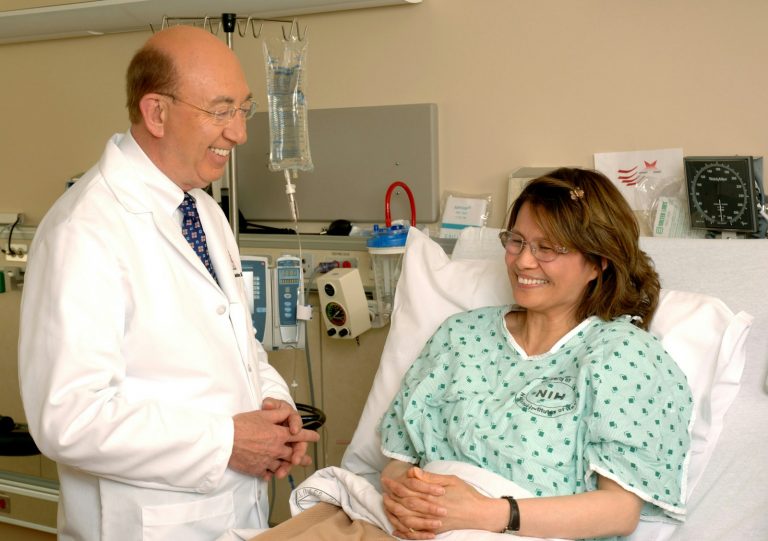Receiving a cancer diagnosis can be a profound turning point in one’s life, bringing forth a myriad of emotions and challenges both for the patients and their loved ones. Support systems and resources become essential in navigating the complex journey that ensues. From emotional coping mechanisms to financial aid, the need for comprehensive support is paramount. To help those affected explore and access these necessary tools, a detailed guide to available resources can make a significant difference. Keep reading to find out how to utilize these supports during this critical time.
Navigating Healthcare: Cancer Support Groups and Counseling Services
Understanding the healthcare system becomes crucial after a cancer diagnosis. Patients and their families need to navigate through various medical appointments, treatment plans, and insurance details. During this overwhelming process, support groups and counseling services can provide much-needed guidance and support.
Cancer support groups, often facilitated by healthcare providers or nonprofit organizations, bring together individuals facing similar challenges. These groups offer a platform for sharing information, experiences, and mutual encouragement. The sense of community and understanding that emerges from these gatherings is invaluable for many undergoing treatment.
Counseling services further enhance a patient’s ability to cope with the disease. These services may be offered by healthcare facilities, including the Center for Cancer Care, which provides a holistic approach to the psychological aspects of cancer treatment. Counseling can be tailored to individual needs, ensuring personalized support.
Financial Assistance for Cancer Treatment: Grants and Funding Resources
One of the most pressing concerns for many cancer patients is the financial burden of treatment. The cost can be staggering, leading to added stress during a time when the focus should be on healing. Fortunately, there are several resources available to assist with these costs.
Various cancer-focused organizations offer grants and funding to help offset medical expenses. These financial aids can cover everything from medication and treatments to transportation and lodging expenses. Patients and families need to research and apply for these grants promptly as there may be eligibility criteria and deadlines.
Healthcare providers can also serve as valuable resources in identifying potential financial support. Social workers, in particular, are knowledgeable about local and national funding sources and can assist patients with the application process, ensuring that they receive the help they need.
Online Communities and Forums: Connecting With Others on the Cancer Journey
In the digital age, online communities and forums offer another layer of support for those affected by cancer. These virtual spaces allow individuals to connect no matter where they are in the world, at any time of day. Online forums can offer anonymity for those who are not yet ready to share their experiences openly.
Through message boards, chats, and social media groups, patients and caregivers can exchange stories, advice, and encouragement. Here, people can find peers who truly understand the intricacies of living with cancer, which can be comforting and empowering.
The diversity of online communities means that there’s likely a group for every type of cancer and every stage of the journey. Whether someone is a newly diagnosed patient, a long-term survivor, or a caregiver, they can find a community that resonates with their specific situation.
Complementary Therapies and Wellness Programs for Cancer Patients
Apart from traditional medical treatment, complementary therapies can play a significant role in cancer care. These therapies focus on the whole person, addressing mental, emotional, and spiritual health, in addition to physical well-being. Complementary approaches can include practices like yoga, meditation, acupuncture, and massage therapy.
Wellness programs, often offered by hospitals or cancer support organizations, provide structured activities aimed at improving the quality of life for patients. Exercise classes tailored to various levels of mobility, nutrition workshops, and stress-reduction sessions are common offerings that can help patients manage treatment side effects and improve overall health.
Engaging in these therapies and programs can also provide a sense of control and self-care amidst a typically regimented treatment schedule. Many patients report improved mood, decreased anxiety, and a reduction in treatment-related symptoms thanks to these supportive measures.
Altogether, the variety of resources available to support cancer patients and their families is extensive and diverse. These support mechanisms can provide substantial relief and comfort throughout the cancer journey. Overall, navigating this complex path is not a solitary endeavor—there are many hands ready to help lift the burden and guide patients toward resilience and recovery.

0 Comments